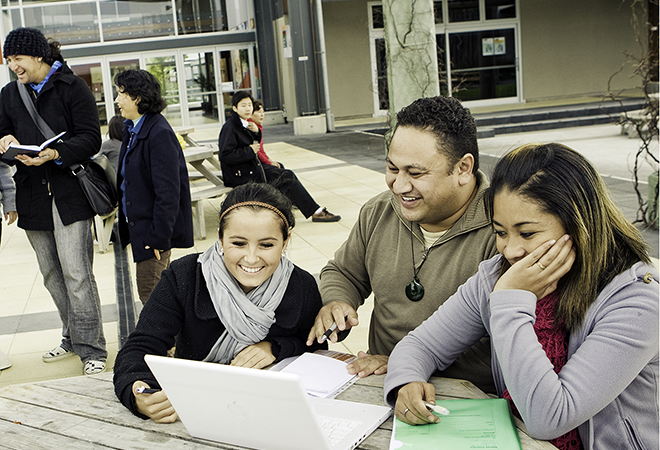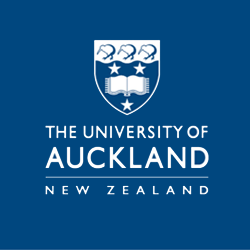
Engaging first year university students in discipline-specific discourse through online writing projects
Status
Completed: 13 November 2012
Project Details
A project completed in 2012, undertaken by University of Auckland, to determine whether and how the existing digital literacy skills of General Education students could be utilised in order to develop new discipline-specific literacy.
Aims:
The main aims of the project were to:
- explore students’ own energies and skills for online discussion in particular and digital literacy in general
- study how these capabilities can be used to effectively engage students in the academic discourse, in disciplines that are new to them.
Methodology:
The project used a mixed method approach to data collection and analysis involving:
- a review of the literature
- a questionnaire for students about their literacy skills, and their abilities and inclinations to use various online tools for learning purposes
- development of online assignments to help students further develop core writing skills and to acquire discipline-specific terminology
- evaluation of students’ online discussion postings and written assignments
- a second questionnaire to re-describe the student profile and to identify changes in student capabilities and preferred modes of learning.
Research question:
- How can we use students’ digital literacy skills to improve their discipline-specific literacy skills?
Team

Nancy November
Project leader
The University of Auckland
Karen Day
The University of AucklandStatus
Funding
$9,896.00 (excl GST)
Key Findings
The key findings from the project included:
- The students were indeed ‘digitally minded’ – they used mobile phones, surfed the Internet, and used social media as part of their everyday lives.
- The students were able to build on the literacy – the skills, attitudes, and conceptual understandings – that they had already developed in their online worlds and lives in an educational setting.
- The skills included a readiness to engage in low stakes, informal discourse; sharing (stories, ideas, files); travelling (sideways, and ’round about, following links); knowledge grazing (learning a little about a lot); and star gazing (avidly following a topic or person as a fan).
- Attitudes included flexibility, efficiency, openness, and a strong desire to be connected to one another (both as ‘teacher’/advisor and as student/listener) and the real world.
- Key understandings related to the students’ digital literacy included the idea of knowledge as something that can be constructed by groups of people; thus, solutions and definitions are considered to be multifarious, and plurality of viewpoint is highly regarded.
- Students’ digital literacy can be extended so that they move into critique, develop high-level analyses, and write formally within the discourse of a given discipline.
- However, a shift in the students’ online usage from the recreational to the educational will arguably be most effective when instructors and students build on the above-mentioned skills, attitudes, and conceptual understandings.
Key Recommendations
The key recommendations from the project were:
Design guidelines | That the design guidelines developed by the project will be used and refined by other researchers and that they be considered, regardless of discipline, when planning to use students’ digital literacy for improving their discipline-specific discourse. In designing for the development of discipline-specific literacy, a literacy foundation can be built upon, mobilising the skills attitudes and understandings identified in the findings. These have been conceived in terms of elements of the student journey (the process of learning) and attributes of the student assignments (the tools of learning).
Teachers’ motivation of students | Crucial to literacy development is the teachers’ motivation of students through the students’ existing literacy skills, and support of their consecutive and parallel development of multiple literacies.
Developing new literacies | In developing new literacies, the student journey is multi-faceted. The teacher can support this journey by taking advantage of several digital literacy skills that are involved in online social interaction: chatting, sharing, including role sharing, and travelling.
Assignment design | Assignment design for improving and extending student literacy can be multi-layered and designed to enable collaborative learning, such as that which is already taking place, albeit more casually, in the students’ online worlds. When designing online writing assignment sequences, the following criteria, which resonate with students’ experiences of the online world, are recommended: flexibility, efficiency, plurality, connectivity and reality.
A research report prepared by Nancy November and Karen Day.
(PDF, 416 KB, 34-pages).
- 9 August 2012